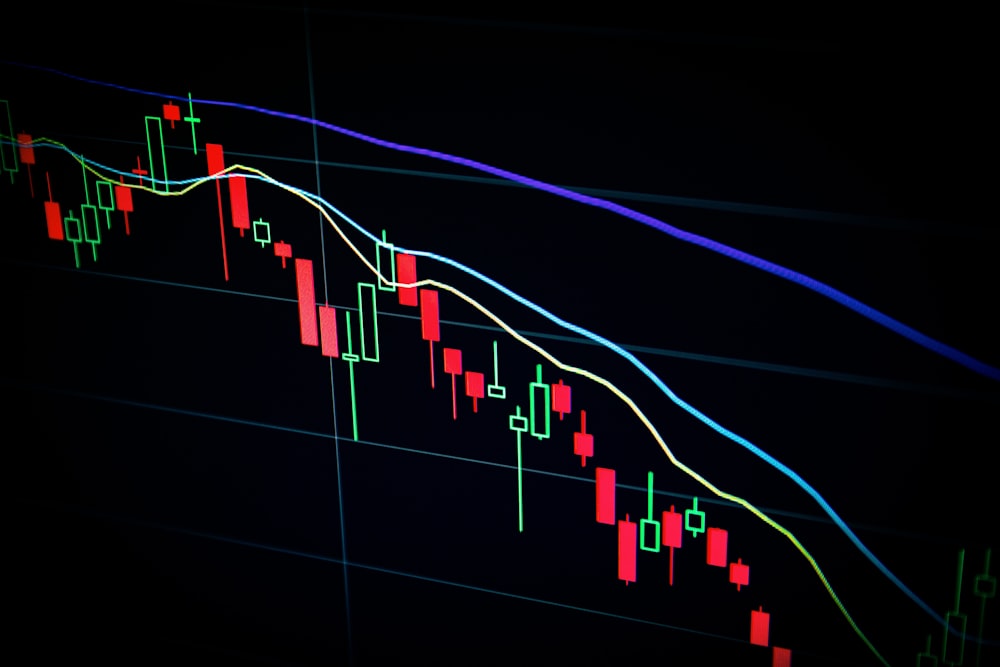Market Profile Secrets
Trading Value Areas Like a CME Floor Trader
Market Profile, developed by J. Peter Steidlmayer at the Chicago Board of Trade, reveals how professional traders analyze volume-at-price to identify high-probability trading opportunities. This guide will teach you the same techniques used by CME floor traders to profit from market auctions.
The Auction Market Process
Financial markets move through three distinct phases:
1. Price Discovery
Market probes for value by testing higher and lower prices until finding acceptance (volume). Characterized by:
- Wide price ranges
- Low volume at extremes
- Failed tests beyond value areas
2. Balance (Value Area)
Price oscillates within an established range where most trading occurs. Shows:
- High volume nodes (Point of Control)
- Multiple tests of boundaries
- Decreasing volatility
3. Imbalance (Trend)
Price breaks from balance when new information arrives. Identified by:
- Expanding volume in direction of break
- Failed tests back into value
- Establishment of new value areas

The complete auction process from balance to imbalance
Calculating Value Areas
The Value Area contains approximately 70% of trading volume from a session:
Key Components
- Point of Control (POC): Price with highest volume
- Value Area High (VAH): Upper volume boundary
- Value Area Low (VAL): Lower volume boundary
- Single Prints: Low-volume extremes (potential targets)
Floor Trader Tip
Professional traders watch for “failed auctions” – when price cannot return to the previous session’s value area. These often signal strong directional moves.
Trading Strategies
1. Value Area Fade
Trade reversions to mean when price extends beyond value:
- Enter when price reaches single prints
- Target return to POC or opposite VAL
- Stop beyond the single print extreme
2. Breakout Pullback
Trade continuation after value area breaks:
- Wait for strong break from value area
- Enter on first pullback to VAL/VAH
- Target next volume void or single print

Visual examples of value area fade and breakout strategies
Session Analysis
Professional traders analyze separate profiles for:
| Session | Characteristics | Trading Approach |
|---|---|---|
| Overnight | Thin volume, reactive to news | Fade extreme moves |
| RTH Open | High volume, establishes initial range | Trade breakout/breakdown |
| Midday | Lower volume, mean reversion | Fade value area edges |
| Close | Increased volume, position squaring | Follow strong closing auctions |
Recommended Trading Platforms
These brokers offer advanced Market Profile tools:
Professional Tips
- Combine Market Profile with auction theory (developing vs. responsive activity)
- Watch for “b” shape profiles (buying) vs. “p” shape profiles (selling)
- Track overnight inventory for day trading edges
- Use weekly profiles for swing trading context




